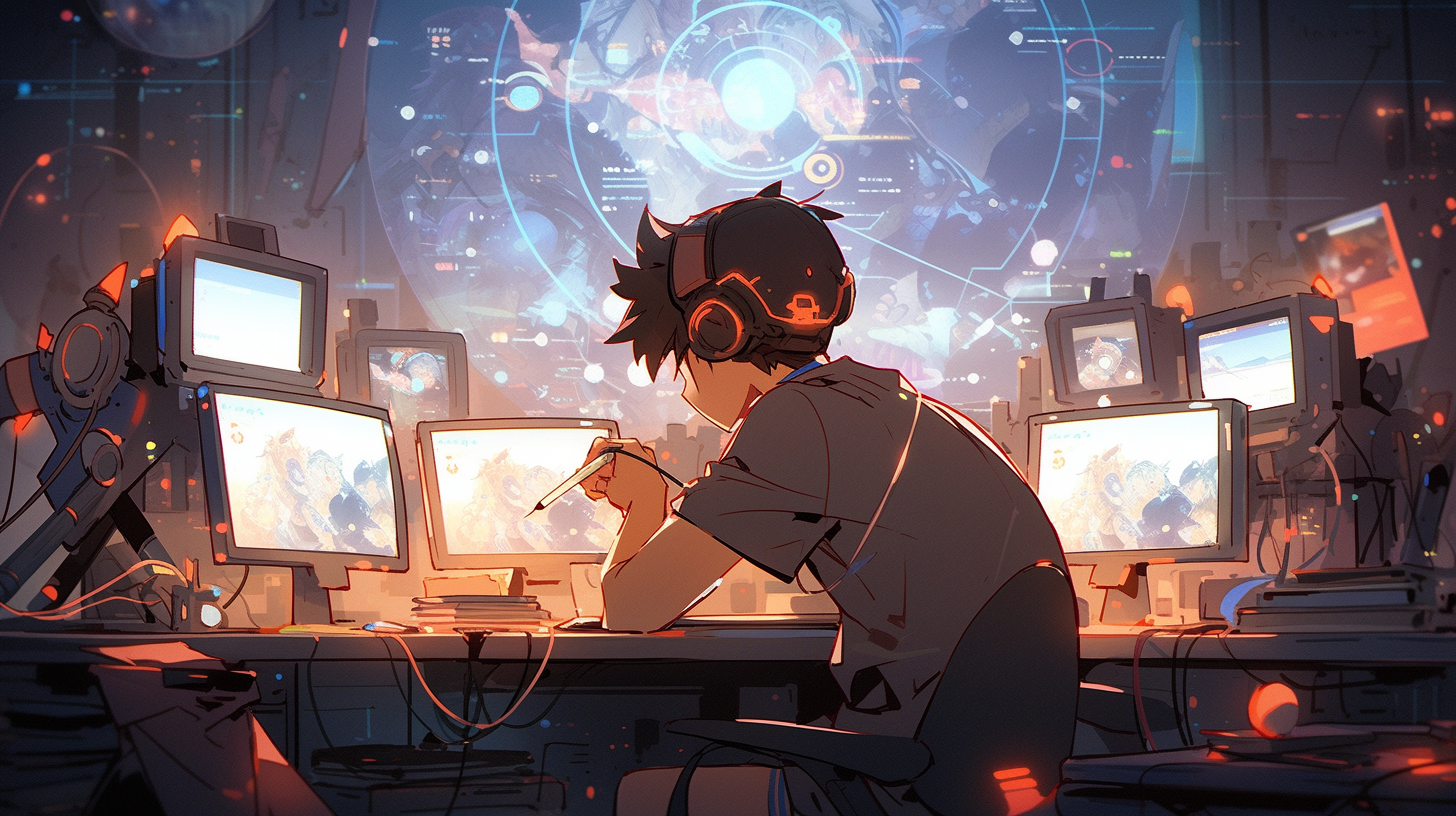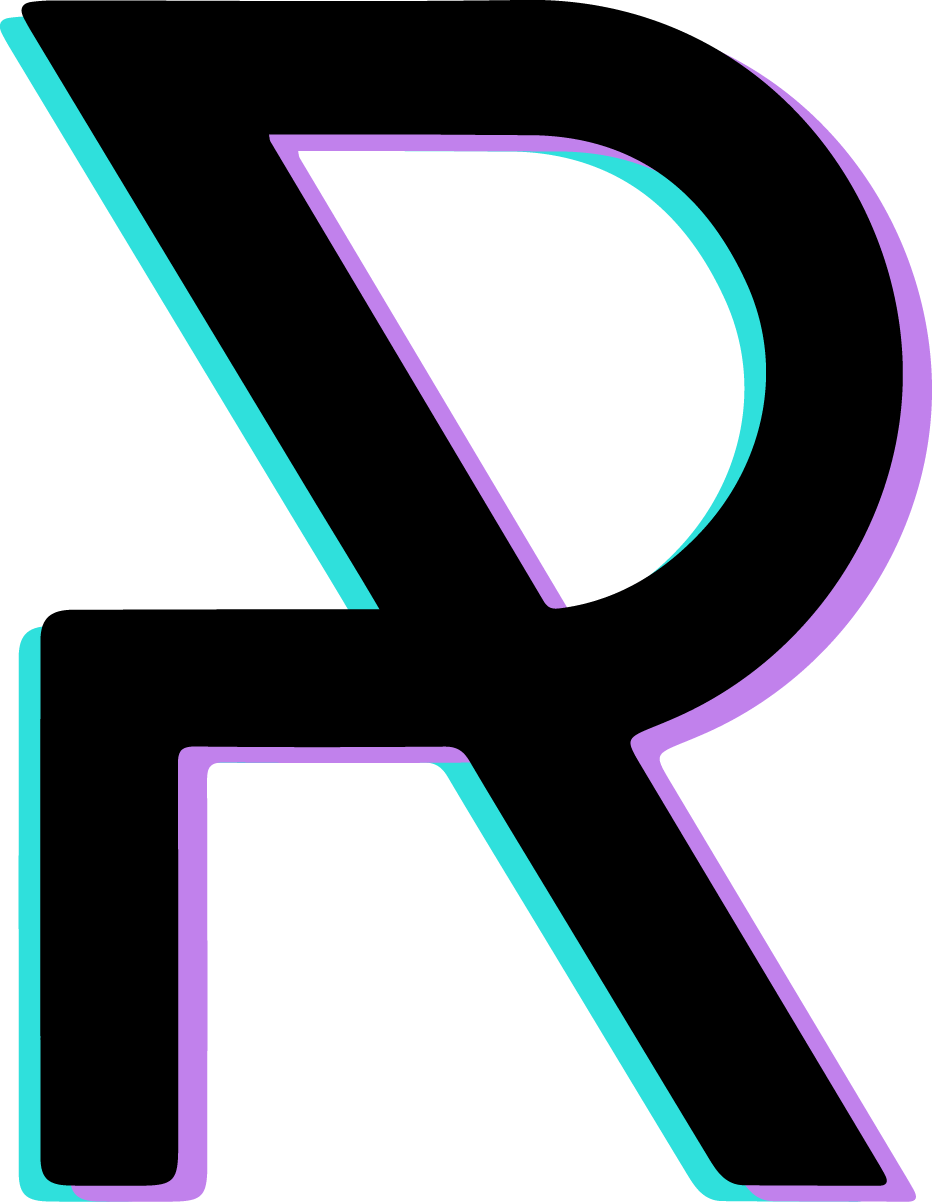What is a Blockchain?

Haz clic para leer esta publicación en español.
Imagine you are in a giant construction game, where all the blocks you place are connected forming a chain. Every time you add a new block, you link it to the previous one, thus creating a continuous and secure chain. Well, that’s basically what a blockchain is, but in the digital world.
What is a Blockchain?
A blockchain is a technology used to store information securely and transparently. But how does it do it? With blocks of data linked to each other!
The Construction Game Analogy
Think of a blockchain as a giant construction game. Each block represents a piece of this game, and each piece is connected to the next in such a way that they form a chain. Imagine that every time you place a new piece in this game, you are adding a new block to the blockchain.
Key Features
Decentralization
One of the most important features of blockchain is that it is not controlled by a single entity. Instead, it is distributed among a network of users, which means that no one has absolute control over it.
Transparency
All data stored on a blockchain is visible to anyone who has access to it. This means that any change or transaction that occurs on the blockchain can be tracked and verified by anyone.
Security
Due to the way it is designed, a blockchain is extremely secure. Each block is linked to the previous one using cryptography, making it virtually impossible to modify or counterfeit the information stored in it.
How Does it Work?
Block Creation
Every time a transaction is made or new information is added to the blockchain, a new block is created. This block contains the relevant information, as well as a unique code called a "hash" that identifies it.
Validation
Before a new block is added to the blockchain, it needs to be validated by the network. This means that other users on the network verify that the information contained in the block is legitimate and that the transaction is valid.
Adding to the Blockchain
Once a block has been validated, it is added to the existing chain, thus creating a new entry in the digital record. This process is repeated over and over, creating a continuous chain of blocks that contains a complete record of all the transactions that have taken place on the blockchain.
Applications of Blockchain
Blockchain has a wide range of applications, from tracking financial transactions to managing supply chains and verifying identity. Some of the areas where it is currently being used include:
- Cryptocurrencies: Such as Bitcoin and Ethereum.
- Smart Contracts: Digital agreements that automatically execute when certain conditions are met.
- Supply Chain Management: To track the movement of goods from manufacturer to consumer.
- E-Voting: To ensure integrity and transparency in voting processes.
Discovering the Importance of Blockchain: The Digital Revolution in Your Hands
Have you ever wondered why so many people are talking about blockchain? What is it about this technology that makes it so exciting and relevant in today’s digital world? Well, get ready to dive into the fascinating world of blockchain and discover why it’s so important to be aware of this innovation.
Digital Empowerment
Blockchain is democratizing the way we store and share information online. Thanks to its decentralized nature, it allows people to take control of their own data and transactions, eliminating the need for intermediaries and trusted third parties. This means that you, as an individual, have the ability to manage your digital assets more securely and efficiently.
Transparency and Trust
One of the most powerful features of blockchain is its inherent transparency. All transactions and changes made on a blockchain are visible to all participants in the network, creating an unprecedented level of trust and verification. This is especially important in sectors where transparency and integrity are paramount, such as finance, supply chain, and e-voting.
Financial Innovation
Blockchain is transforming the way we handle money and conduct financial transactions. With the emergence of cryptocurrencies like Bitcoin and Ethereum, people now have access to decentralized, global financial systems that operate 24/7. This is democratizing access to financial services and empowering people around the world to participate in the digital economy.
Cybersecurity
In an increasingly digitalized world, cybersecurity has become a critical concern. Blockchain offers an additional level of security and protection against manipulation and fraud. Thanks to its decentralized architecture and advanced encryption algorithms, blockchain is extremely resistant to cyber attacks and data corruption, making it an invaluable tool for protecting sensitive and critical information.
Elimination of Intermediaries
Blockchain is challenging the traditional model of intermediaries and trusted third parties by enabling peer-to-peer transactions. This not only reduces costs and processing times, but also eliminates the possibility of fraud or manipulation by intermediaries. In sectors such as e-commerce, intellectual property, and insurance, this is revolutionizing the way transactions are conducted and assets are managed.
Privacy Protection
With growing concerns about online privacy, blockchain offers a promising solution for protecting personal and sensitive data. By using encryption and anonymity techniques, blockchain allows people to maintain control of their information and decide who can access it. This is especially relevant in a world where the collection and sale of personal data is becoming increasingly common.
Efficiency and Automation
Blockchain is simplifying and automating complex processes through smart contracts. These are computer programs that automatically execute when certain predefined conditions are met. By eliminating the need for intermediaries and human oversight, smart contracts can significantly reduce costs and execution times, while ensuring transparency and fairness in transactions.
Industry Transformation
The impact of blockchain is being felt across a wide range of industries, from banking and finance to healthcare and logistics. Companies around the world are exploring ways to integrate blockchain into their operations to improve efficiency, reduce costs, and offer innovative services to their customers. This transformation is creating new business opportunities and revolutionizing the way we interact with the digital world.
In summary
A blockchain is an innovative technology that is revolutionizing the way we store, share, and verify information in the digital world. With its focus on decentralization, transparency, and security, blockchain promises to change the way we interact with technology in the future.
Blockchain is much more than just a simple technology. It is a transformative force that is changing the way we live, work, and interact in the digital world. From empowering individuals to revolutionizing entire industries, blockchain is redefining the boundaries of innovation and possibility.
Therefore, it is crucial to be aware of this technology and understand its potential to shape the future. So go ahead, dive into the fascinating world of blockchain and discover everything it has to offer!
